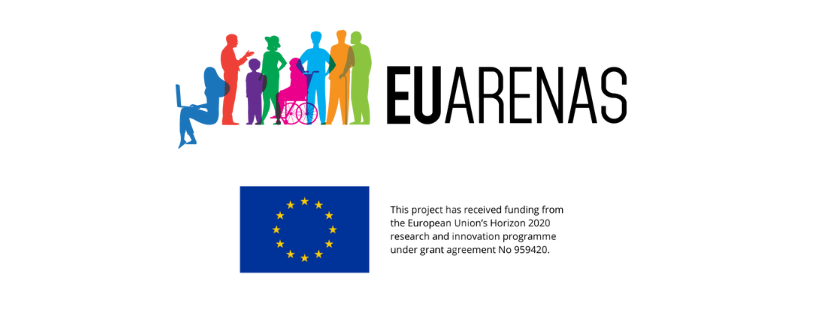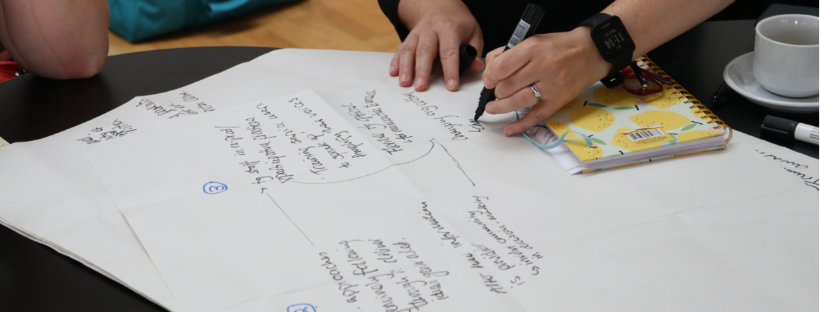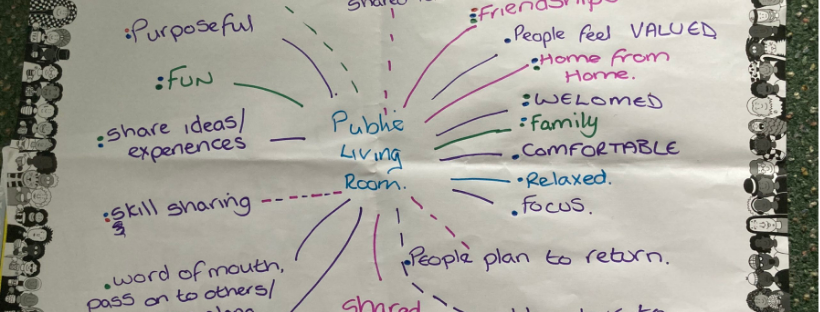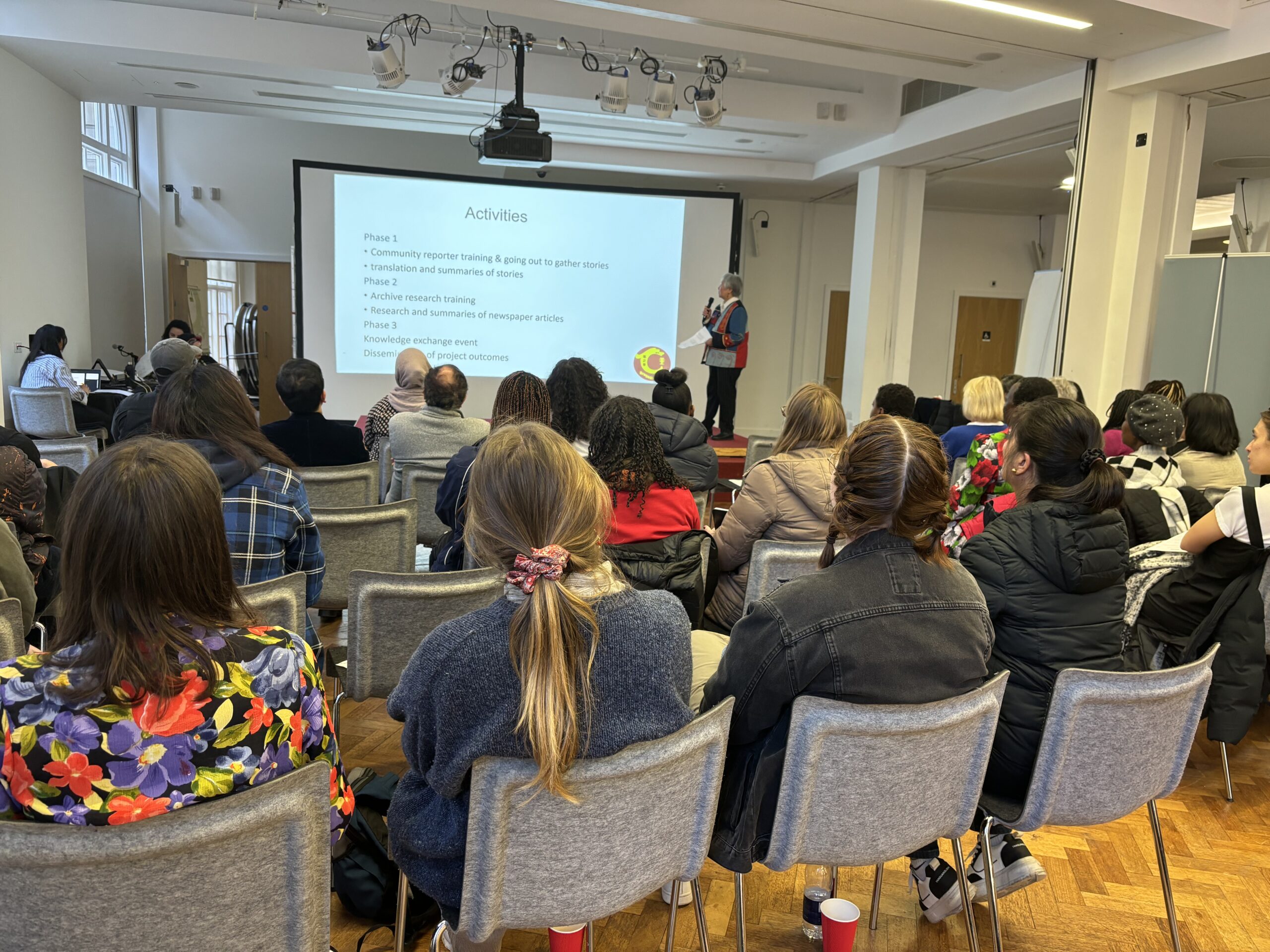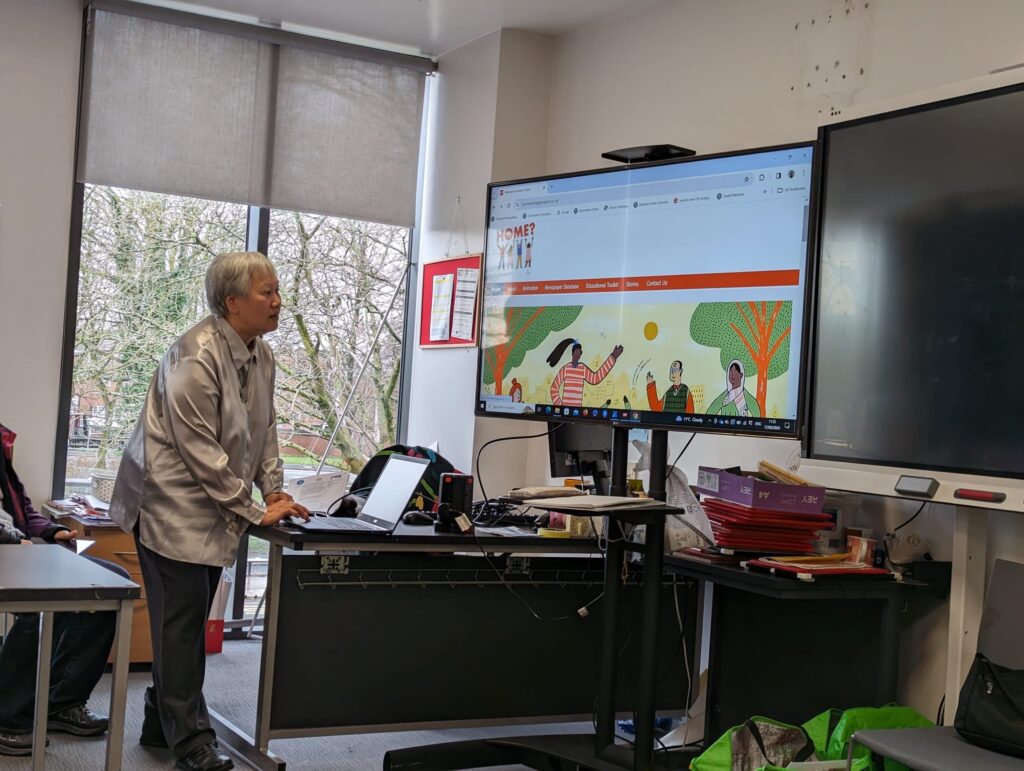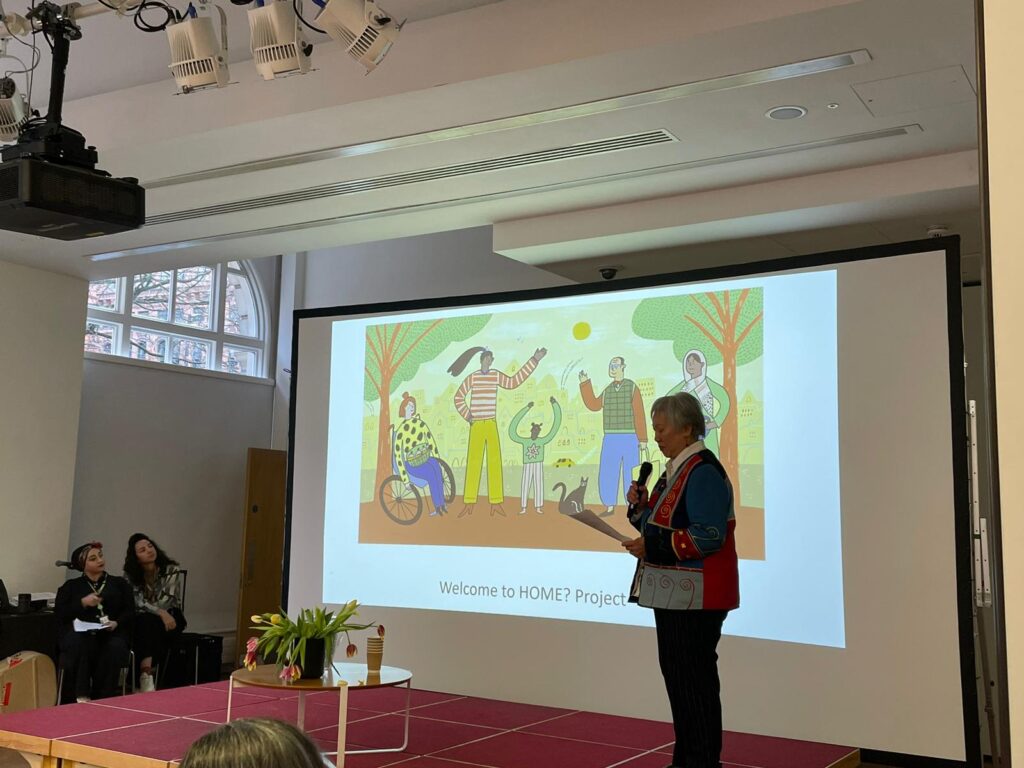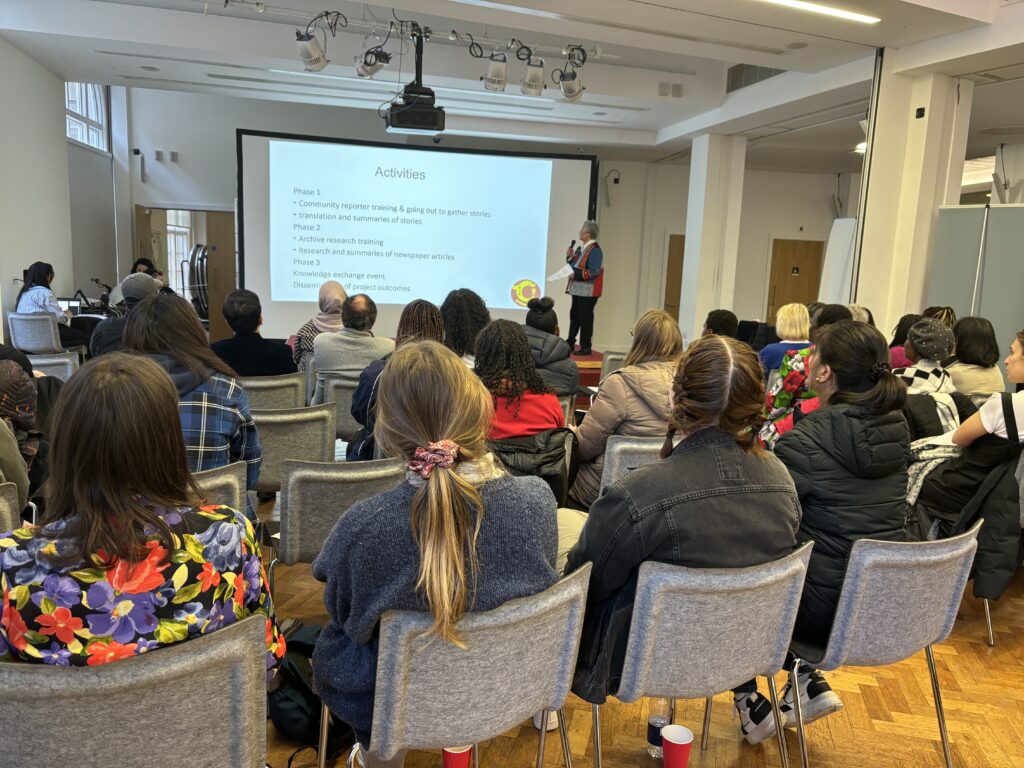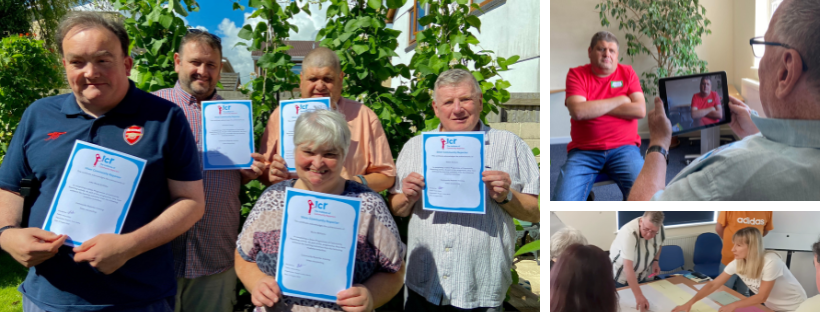EUARENAS POLICY BRIEF: THE FUTURE OF LOCAL DEMOCRACY IN EUROPE
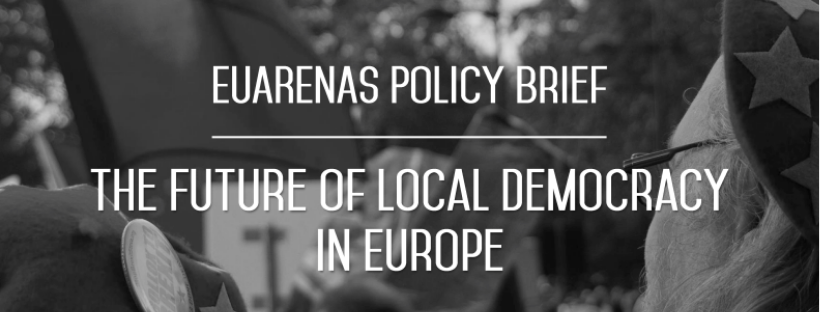
The EUARENAS project responds to a major European challenge – the need to strengthen legitimacy, identification and engagement within the democratic public sphere. The project investigates the ways that social movements, coupled with local reform initiatives that manifest themselves in local-level experiments, create momentum for political change that include more inclusive forms and participatory forms of governance. It nurtures active citizenship, social agendas and political life through citizen participation and democratic innovations in European cities through a range of traditional, applied, and mixed methodology research approaches.
People’s Voice Media has been leading the work package utilising foresight and future-thinking approaches as a research strand. As a tool, foresight is both a tool for understanding democratic innovations as they emerge and for engaging citizens and other actors in such innovations within the participatory and deliberative realms. EUARENAS uses mixed method approaches to foresight to investigate and hypothesize over future trends and scenarios in participatory democracies. These research activities have culminated in a Future Scenarios Report, which can be read on the EUARENAS website, and a visualisation of the EUARENAS City of the Future, which can also be viewed online. Both outputs make the recommendation that cities wanting to strive towards more equitable local democracies should:
- Address structural barriers to participation
- Build relationships of trust
- Invest in formal and civic education
- Make decisions for the long-term
We have now transformed these key learnings into policy recommendations that can be implemented at city level in order to foster legitimacy, identification and engagement within the democratic public sphere. We are excited to share these recommendations with you.
